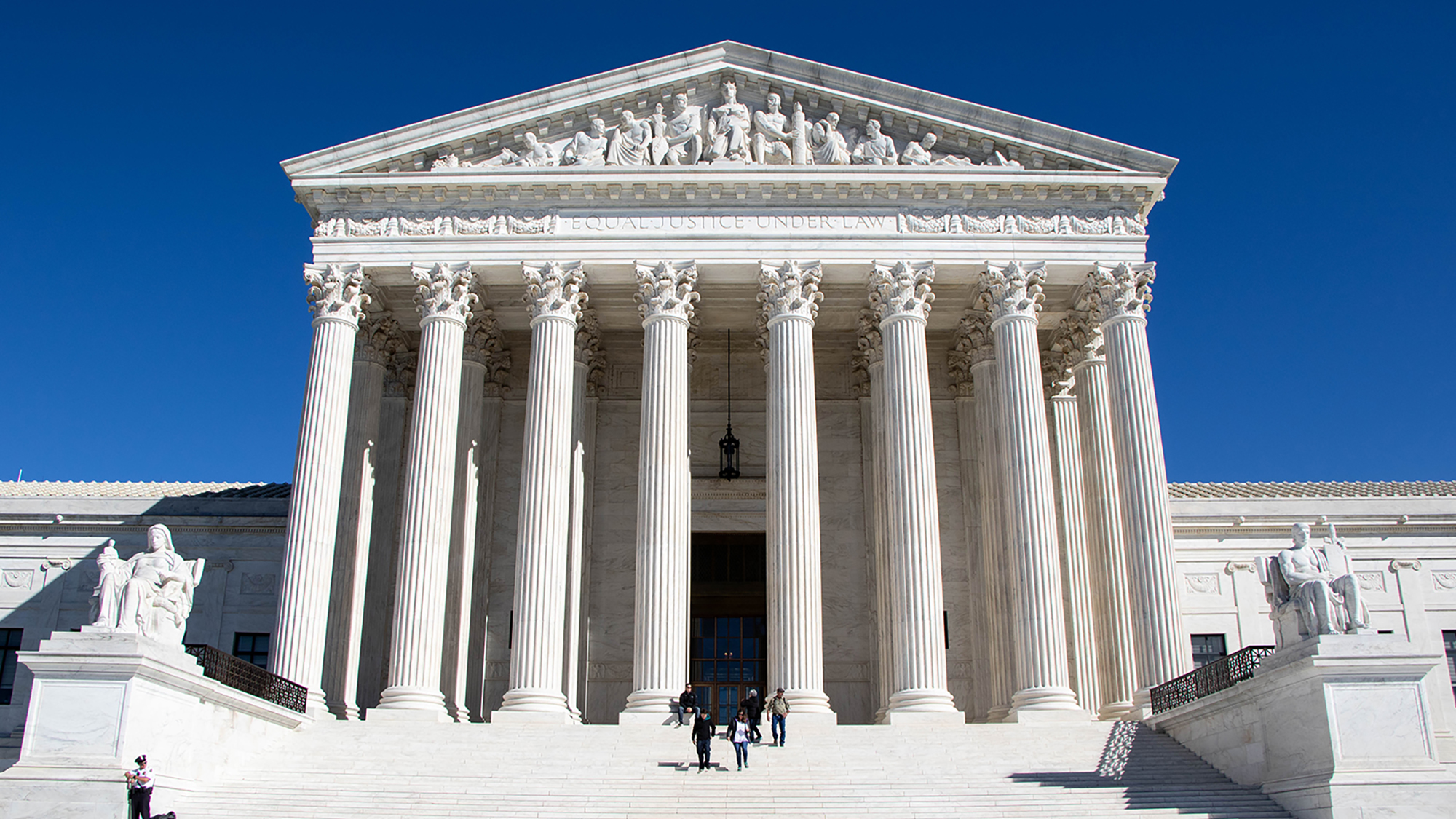Views expressed in opinion columns are the author’s own.
This past weekend, I was competing in a mock trial tournament at The College of William & Mary. Right before our second round, tournament staff abruptly entered my classroom and said, “Not to alarm anyone, but we’re being advised to tell you to barricade yourselves in your rooms and close the blinds for all windows.”
At first, I wasn’t alarmed — because I’ve completed years of active shooter drills, I assumed there was no threat. This wasn’t the case.
After a few minutes of sitting in confusion and silence, students huddled up against the classroom walls when an announcement came from the school advising us to text our loved ones. The danger didn’t feel real until I had to borrow a friend’s phone, relieved I had my parents’ phone numbers memorized to text them I was okay — I had no idea how much danger I was in or what was going on, but I was okay.
It turns out there was an anonymous threat made online, and police eventually gave us the all-clear. But this wasn’t the case on Oct. 24 for a high school in St. Louis where two people died and more were wounded. But in the words of the police, the shooting could have been “much worse.”
What I went through certainly could have been worse, but it’s harrowing to think about multiple deaths and injuries that occurred and realize even more were avoided. A recent Supreme Court decision that stated people have a right to carry concealed firearms in public with a permit doesn’t ease the worry.
When Supreme Court decisions impact our lives, it’s important we know and understand where those decisions are coming from. Justices’ opinions often heavily rely on amicus briefs, which are meant to provide them with facts, data and relevant history. Because amicus briefs have such a large impact on outcomes that directly affect the most important parts of our lives, they need to be treated with care.
Amicus briefs give historical context to justices when they are making decisions. Almost always, they are written by lawyers or motivated groups who are hoping for a particular outcome. This could present a problem when justices turn to like-minded sources for insight, especially if they don’t have the time or resources to fact-check the sources on which they build their opinions.
This means historical narratives which may be written by people who are biased, which are potentially cherry-picked or entirely false, dictate whether people are allowed to hide guns that can kill dozens of people in seconds or whether people can choose to have an abortion.
Judges need historical context when making decisions — but they need accurate historical context.
Amicus briefs should go through a formal fact-checking process by independent sources or other scholars. Just like in courts of law, scholars relaying historical facts should not be allowed to give their own personal opinions in the briefs. If these scholars know what issue is on the docket and which way the Court can rule, they can cater their brief to relay facts relevant to the outcome they want. Without these practices in place, justices can have their personal opinions and desires reflected in the laws that control the lives of millions of Americans.
While the Supreme Court wasn’t necessarily designed to make law, we have seen how it effectively governs our choices. It tells us who we can and can’t marry, whether we have a right to choose to have an abortion and just how much choice religious freedom gives us.
It impacts the very decisions that are both common yet life-altering. The Supreme Court shouldn’t be able to alter lives on the grounds of inaccurate history that serves personal wishes instead of the heart of the Constitution or the greater good.
When we entrust an institution with these decisions, we must ensure we do everything to make sure it makes these decisions impartially and accurately. It’s time policies are put in place to restrict the ability of amicus briefs to bias judges — or to support their own biases.
Rebecca Scherr is a junior English and government and politics major. She can be reached at rsscherr101@gmail.com.



